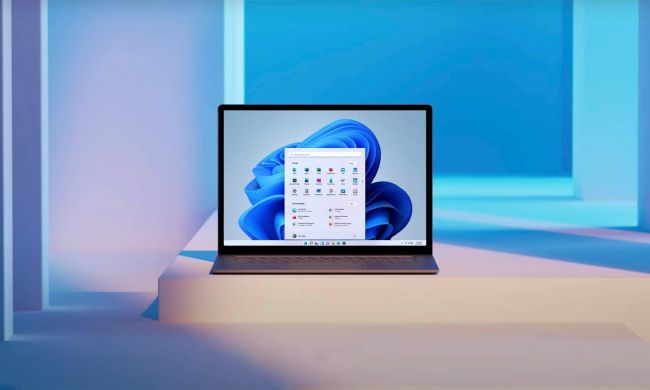
After recent reports of new hardware requirements for the upcoming Windows 11 24H2 update, it is evident that Microsoft is gearing up to introduce a bunch of new AI features. A new report now suggests that the company is working on adding new code to the operating system to alert users if they fail to match the minimum requirements to run AI-based applications.
According to Albacore on X (formerly known as Twitter), systems that do not meet the requirements will display a warning message in the form of a watermark. After digging into the latest Windows 11 Insider Build 26200, he came across requirements coded in the operating system for an upcoming AI File Explorer feature. The minimum requirement includes an ARM64 processor, 16GB of memory, 225GB of total storage, and a Qualcomm Snapdragon X Elite NPU.
Turns out Windows 11 build 26100 (purported 24H2 RTM) contains the AI Explorer requirements 📃 baked into the OS
💠 ARM64 CPU
💠 16GiB of RAM
💠 225GiB system drive (total, not free space)
💠 Snapdragon X Elite NPU (HWID QCOM0D0A)
I guess that's one way to drive ARM64 adoption 😶🌫️ pic.twitter.com/ZbQf4KY1BN— Albacore ☁️ (@thebookisclosed) April 18, 2024
Apparently, the new AI File Explorer is going to be called Advanced Copilot, and will offer features akin to a modern version of Cortana. Yes, the same app that was retired in August of last year. While the choice of the CPU seems odd, Neowin points out that the feature could be exclusive to new Surface devices, or Microsoft may have plans to add support for other PCs at a later stage. Notably, there is a way to bypass this check by simply disabling ID 48486440 on the RTM build.
The new hardware compatibility follows in the footsteps of recently discovered requirements of the POPCNT and SSE 4.2 instruction sets. Essentially, CPUs with support for the POPCNT and SSE 4.2 will be necessary to boot Windows 11. As mentioned before, the hardware compatibility for
It is important to note that Microsoft has not released an official statement regarding minimum hardware requirements for the Windows 11 24H2 update. The company is currently testing new features which may or may not end up in the final release.



